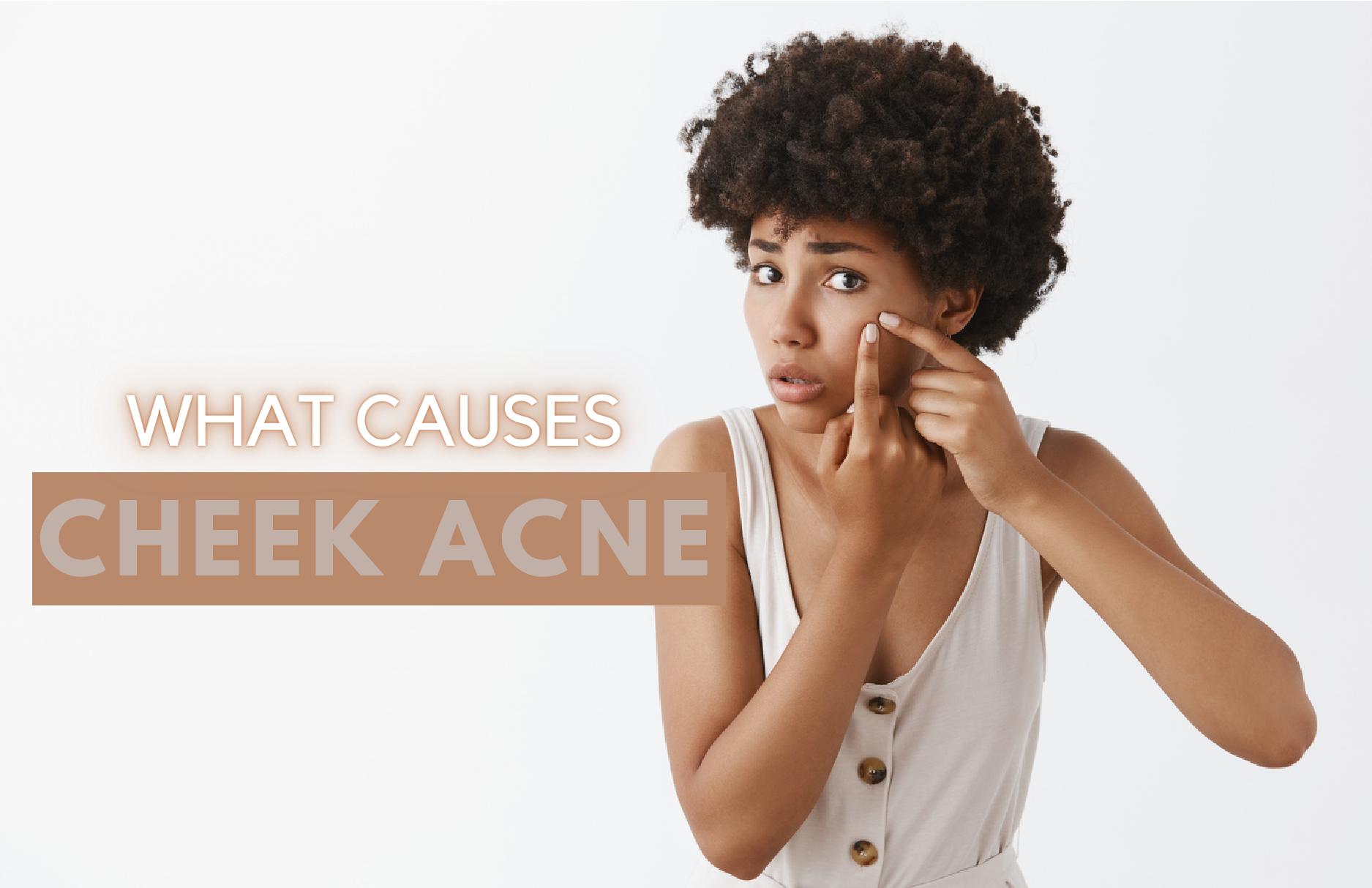Just In
- 15 min ago

- 4 hrs ago

- 6 hrs ago

- 7 hrs ago

Don't Miss
- Movies
 Love Sex Aur Dhokha 2 Box Office Collection Day 2 Prediction: Dibakar's LSD 2 Struggles To Cross 50 Lakhs
Love Sex Aur Dhokha 2 Box Office Collection Day 2 Prediction: Dibakar's LSD 2 Struggles To Cross 50 Lakhs - Sports
 Shubman Gill Record vs PBKS: GT Skipper’s Stats Against Punjab Kings Ahead Of IPL 2024 Match 37
Shubman Gill Record vs PBKS: GT Skipper’s Stats Against Punjab Kings Ahead Of IPL 2024 Match 37 - News
 IPL 2024: Delhi Capitals DC vs Sunrisers Hyderabad SRH Preview, Pitch Report, Head To Head Record
IPL 2024: Delhi Capitals DC vs Sunrisers Hyderabad SRH Preview, Pitch Report, Head To Head Record - Automobiles
 Ola Electric Hits New Milestone – 500th Service Centre Opened In Kochi
Ola Electric Hits New Milestone – 500th Service Centre Opened In Kochi - Education
 Railway RPF Recruitment 2024; Apply Online for 4660 Post Vacancies @rpf.indianrailways.gov.in
Railway RPF Recruitment 2024; Apply Online for 4660 Post Vacancies @rpf.indianrailways.gov.in - Finance
 Elon Musk Postpones India Trip, Tesla's Indian Market Entry Delayed
Elon Musk Postpones India Trip, Tesla's Indian Market Entry Delayed - Technology
 Best Noise-Cancelling Earbuds Under Rs 5,000: CMF Buds Pro, Redmi Buds 5, Realme Buds Air 5, and More
Best Noise-Cancelling Earbuds Under Rs 5,000: CMF Buds Pro, Redmi Buds 5, Realme Buds Air 5, and More - Travel
 Journey From Delhi To Ooty: Top Transport Options And Attractions
Journey From Delhi To Ooty: Top Transport Options And Attractions
Got Cheek Acne? Here's How You Can Manage It
Redness, blemishes, and irritation on the side of your face may indicate cheek acne, but it may also be rosacea. It is common to confuse cheek acne with rosacea due to similar symptoms. However, they require distinct treatment methods. Acne treatment for rosacea may worsen the condition.
Both acne and rosacea can cause redness, bumps, and pustules on the face, but acne-related redness is typically located around the pimple, while rosacea-related redness is usually widespread. In addition, acne is associated with more blackheads and clogged pores than rosacea.

What Causes Cheek Acne?
One or more factors may cause cheek acne: makeup, your phone spreading bacteria, dirty pillowcases, touching your face, or hormonal fluctuations. However, there are several steps you can take to prevent or reduce the severity of your cheek acne.
A common cause of U-zone acne or cheek acne is the build-up of dirt, oil, and debris that clog pores over time. The T-zone, which includes the forehead, nose, and chin, is generally prone to oil production, whereas cheeks tend to be dry. As a result, adult acne is often characterized by U-zone acne, but solutions are available to alleviate breakouts.
How To Prevent Cheek Acne?
Your first step should be to improve your skincare routine. No matter how acne-prone your skin is, do not skip hydration. Make sure you choose a soothing oil-free, non-comedogenic moisturizer that will not clog your pores.
Finish your day with an exfoliating cleanser that contains AHAs/BHAs such as glycolic and salicylic acid to remove debris from your skin, break up dead skin cells, and unclog clogged pores.

Here are some other tips to prevent cheek acne:
- Make sure your sheets and pillowcases are clean.
- Try not to touch your face.
- Adjust your diet.
- Use proper shaving techniques when shaving your face.
Consult a dermatologist if your acne does not respond to over-the-counter treatments. You may use the following methods to treat your acne:
- Benzoyl peroxide
- Salicylic acid
- Retinoids
- Antibiotics
[image source: freepik]
-
 beautyDeepika Padukone's 6 Refreshing Skincare Tips to Beat the Summer Heat
beautyDeepika Padukone's 6 Refreshing Skincare Tips to Beat the Summer Heat -
 beautyWorld's First Miss AI Pageant Announced, Know All About The Rise Of AI Beauty
beautyWorld's First Miss AI Pageant Announced, Know All About The Rise Of AI Beauty -
 beautyAlia Bhatt Approved Tips For Achieving Glass Skin In Summer, Follow Them To Get Radiance!
beautyAlia Bhatt Approved Tips For Achieving Glass Skin In Summer, Follow Them To Get Radiance! -
 beautyUltimate Summer Beauty Tips: 7 Makeup Hacks For A Fresh And Radiant Look For Office
beautyUltimate Summer Beauty Tips: 7 Makeup Hacks For A Fresh And Radiant Look For Office -
 beautyAnanya Panday's Summer Skincare Hacks: 7 Tips For Glowing Skin
beautyAnanya Panday's Summer Skincare Hacks: 7 Tips For Glowing Skin -
 beautyAditi Rao Hydari's 8 Tips for Glowing Skin: A Celebrity Skincare Routine Unveiled, Bonus Tips Included!
beautyAditi Rao Hydari's 8 Tips for Glowing Skin: A Celebrity Skincare Routine Unveiled, Bonus Tips Included! -
 beautyExclusive: Hazards Of Using Synthetic Holi Colours, Doctor-Approved Tips On How To Protect Your Skin, Hair
beautyExclusive: Hazards Of Using Synthetic Holi Colours, Doctor-Approved Tips On How To Protect Your Skin, Hair -
 beautyHoli 2024: 7 Homemade Scrubs To Bid Farewell To Color Damage And Protect Your Skin
beautyHoli 2024: 7 Homemade Scrubs To Bid Farewell To Color Damage And Protect Your Skin -
 beautyHoli 2024: 7 Effective Tips To Protect Your Nails During The Vibrant Celebration
beautyHoli 2024: 7 Effective Tips To Protect Your Nails During The Vibrant Celebration -
 beautyHoli 2024: Easy Skincare Hacks To Prep Your Skin For Colourful Celebration And Keep Skin Issues At Bay
beautyHoli 2024: Easy Skincare Hacks To Prep Your Skin For Colourful Celebration And Keep Skin Issues At Bay -
 beautyHoli 2024: Pre And Post Skincare Tips To Protect Your Skin During Colourful Festival
beautyHoli 2024: Pre And Post Skincare Tips To Protect Your Skin During Colourful Festival -
 beautyAnant Ambani And Radhika Merchant Wedding: 8 Beauty Hacks From The Ambani Bahu-To-Be Radhika Merchant
beautyAnant Ambani And Radhika Merchant Wedding: 8 Beauty Hacks From The Ambani Bahu-To-Be Radhika Merchant


 Click it and Unblock the Notifications
Click it and Unblock the Notifications



